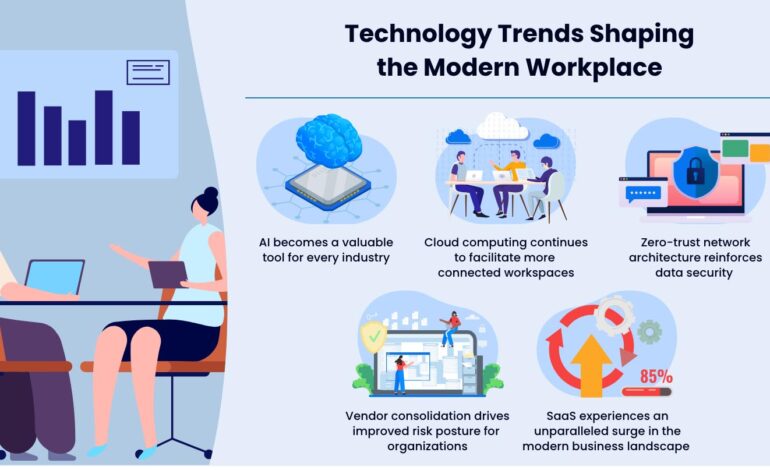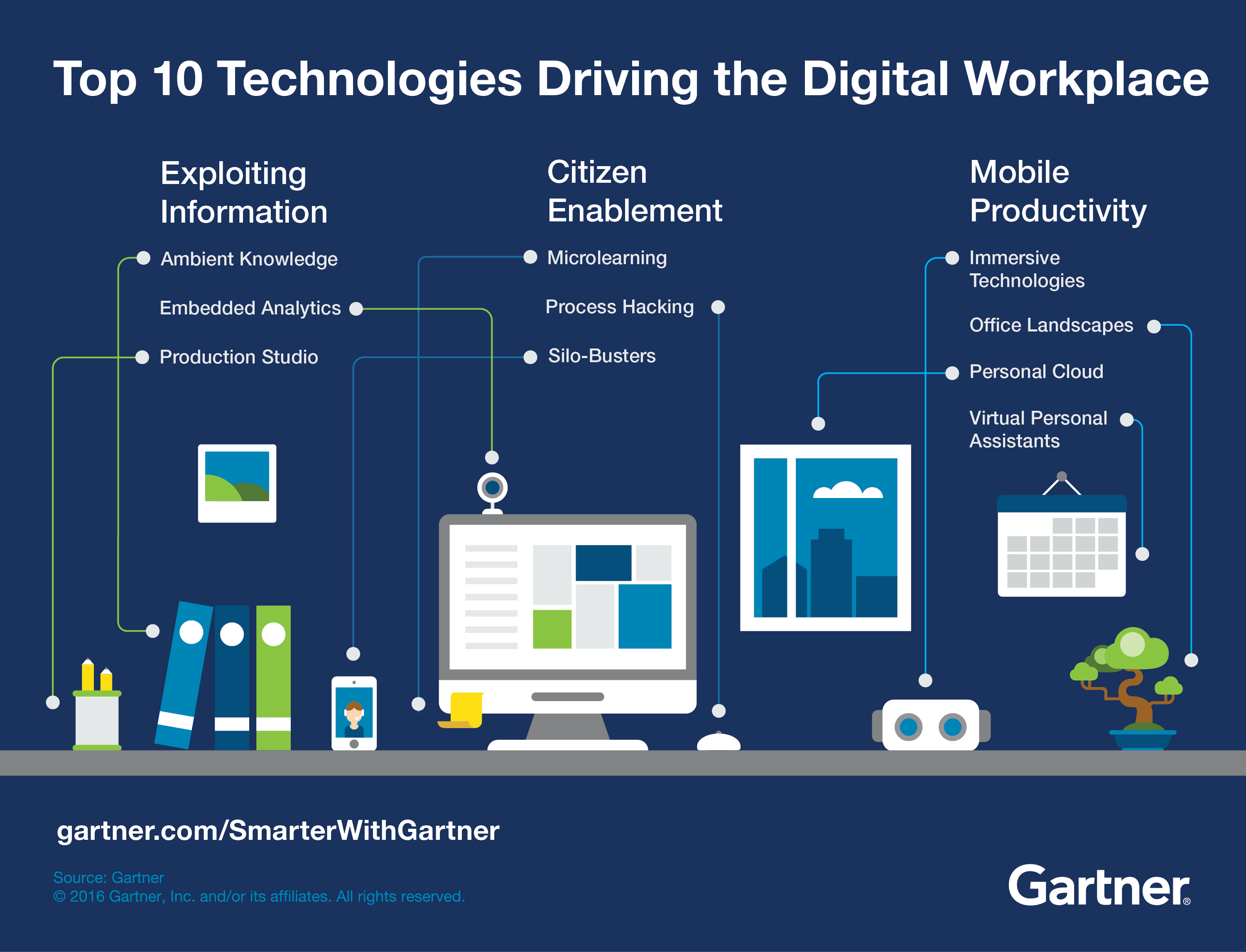The Future of Work: Tech’s Impact on Your Job

The Future of Work: How Technology is Reshaping Our Jobs
For decades, futurists have pondered the impact of technology on the workforce. Today, that future isn’t just arriving; it’s already here. From artificial intelligence (AI) to automation and remote collaboration tools, technology is fundamentally reshaping how we work, what skills are valued, and even where we perform our jobs. This post will delve into these changes, exploring both the opportunities and challenges they present.
The Rise of Automation and AI
Perhaps the most talked-about aspect of this transformation is automation. We’re not just talking about robotic arms on assembly lines anymore; software robots (Robotic Process Automation or RPA) are taking over repetitive tasks in offices, while sophisticated algorithms handle data analysis and customer service interactions. AI, particularly machine learning, is enabling systems to learn from data, adapt to changing conditions, and perform increasingly complex tasks traditionally handled by humans.
Initially, concerns centered around mass job displacement. While some roles *will* undoubtedly be automated out of existence (particularly those involving highly repetitive or manual labor), the picture isn’t entirely bleak. The reality is more nuanced: automation often *augments* human capabilities rather than completely replacing them.
Consider a financial analyst. Instead of spending hours poring over spreadsheets, AI-powered tools can now identify trends and anomalies far faster. This frees up the analyst to focus on higher-level strategic thinking – interpreting results, communicating findings to stakeholders, and developing investment strategies. The role hasn’t disappeared; it’s evolved.
The Expanding Role of Remote Work
Technology has made remote work a viable option for many, and the COVID-19 pandemic accelerated this trend dramatically. Video conferencing platforms like Zoom and Microsoft Teams have become essential tools for communication and collaboration, allowing teams to connect regardless of location.

The benefits of remote work are numerous: increased flexibility for employees, reduced commuting time (and associated costs), access to a wider talent pool for employers, and potentially lower overhead expenses. However, challenges exist too. Maintaining team cohesion, ensuring cybersecurity in distributed environments, and addressing potential feelings of isolation require careful planning and proactive management.
Collaboration tools are evolving to address these challenges. We’re seeing the rise of virtual workspaces that mimic the feeling of being in a physical office, with features like shared whiteboards, instant messaging, and integrated project management tools. The ability to seamlessly collaborate with colleagues across different time zones is becoming increasingly crucial.
Skills for the Future: Adapting to Change
So, what skills will be most valuable in this rapidly evolving landscape? While technical proficiency remains important, so-called “soft skills” are gaining prominence. Critical thinking, problem-solving, communication, and creativity are increasingly essential as routine tasks are automated.
Here’s a breakdown of key skill areas:
- Technical Skills: While specific programming languages might come and go, a foundational understanding of technology is crucial. This includes data literacy (the ability to understand and interpret data), cloud computing knowledge, and familiarity with AI concepts.
- Digital Literacy: Beyond basic computer skills, this encompasses the ability to effectively use digital tools for communication, collaboration, information gathering, and problem-solving across a wide range of applications.
- Soft Skills: As mentioned above, these are paramount. Adaptability is particularly important – the willingness and ability to learn new things quickly and embrace change. Emotional intelligence (EQ) – understanding and managing your own emotions and those of others – is also becoming increasingly valued.
- Lifelong Learning: The pace of technological advancement means that skills become obsolete relatively quickly. A commitment to continuous learning through online courses, workshops, or even self-directed study is essential for staying relevant.
The Gig Economy and the Changing Nature of Employment
Technology has also fueled the rise of the gig economy, where individuals work on short-term contracts or freelance projects rather than holding traditional full-time positions. Platforms like Upwork and Fiverr connect businesses with freelancers for a wide range of services.
The gig economy offers flexibility and autonomy for workers but also raises concerns about job security, benefits (healthcare, retirement), and worker protections. There’s ongoing debate around how to best regulate the gig economy to ensure fair treatment of workers while preserving its advantages.
Ethical Considerations & Challenges
The integration of technology into work isn’t without ethical considerations. Algorithmic bias, where AI systems perpetuate existing societal biases due to biased training data, is a significant concern. Ensuring fairness and transparency in algorithmic decision-making is crucial.
Data privacy is another key issue. As companies collect more data about employees’ work habits and performance, it’s important to protect that information from misuse or unauthorized access. The impact of technology on mental health – the potential for increased stress, burnout, and feelings of isolation – also needs attention.
Looking Ahead: Embracing the Future of Work
The future of work isn’t something to be feared but rather embraced with a proactive approach. By understanding the trends shaping our jobs, developing the right skills, and addressing the ethical challenges head-on, we can harness the power of technology to create a more productive, fulfilling, and equitable working world.
Key takeaways:
- Technology will continue to reshape job roles, requiring adaptation and lifelong learning.
- Soft skills are increasingly important alongside technical proficiency.
- Remote work is here to stay, but requires thoughtful management to maintain team cohesion.
- Ethical considerations surrounding AI and data privacy must be addressed proactively.
What steps are you taking to prepare for the future of work? Share your thoughts in the comments below!



